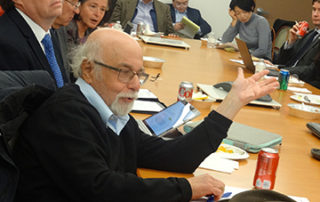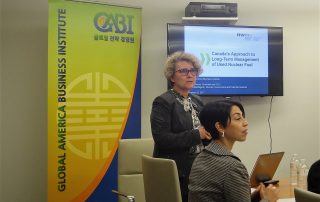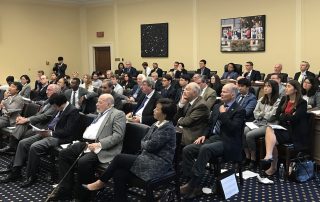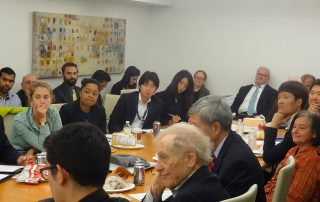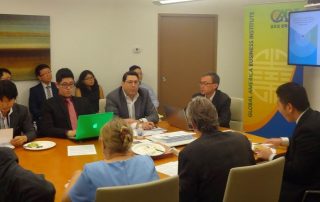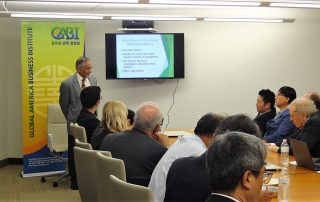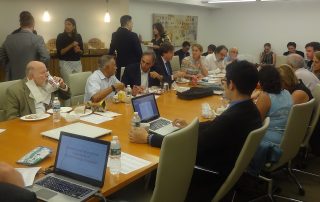At present, dialogue on nuclear technology in Washington, DC has tended to focus on issues related to nuclear materials security, nonproliferation, and arms control issues, rather than nuclear power. As a result, the policy community in Washington tends view nuclear power technologies with some skepticism. Given this environment, it is GABI’s commitment to promote, educate, and enhance the understanding of the vital role of nuclear power from the perspective of ensuring energy security, reliability and sustainability.
U.S. Nuclear Decommissioning Industry: History Prospects, and Global Business Strategy
The U.S. possesses more than half of the world’s nuclear plant decommissioning experience. Although decommissioning has traditionally been viewed in a negative light, it is increasingly being perceived as a part of the natural life cycle of commercial units. Demonstration of efficient and cost-effective decommissioning boosts public confidence in nuclear and opens the door for



